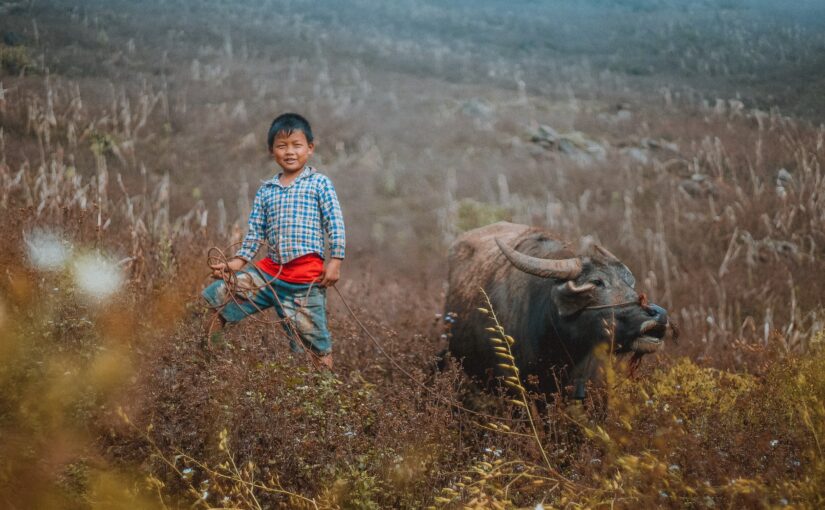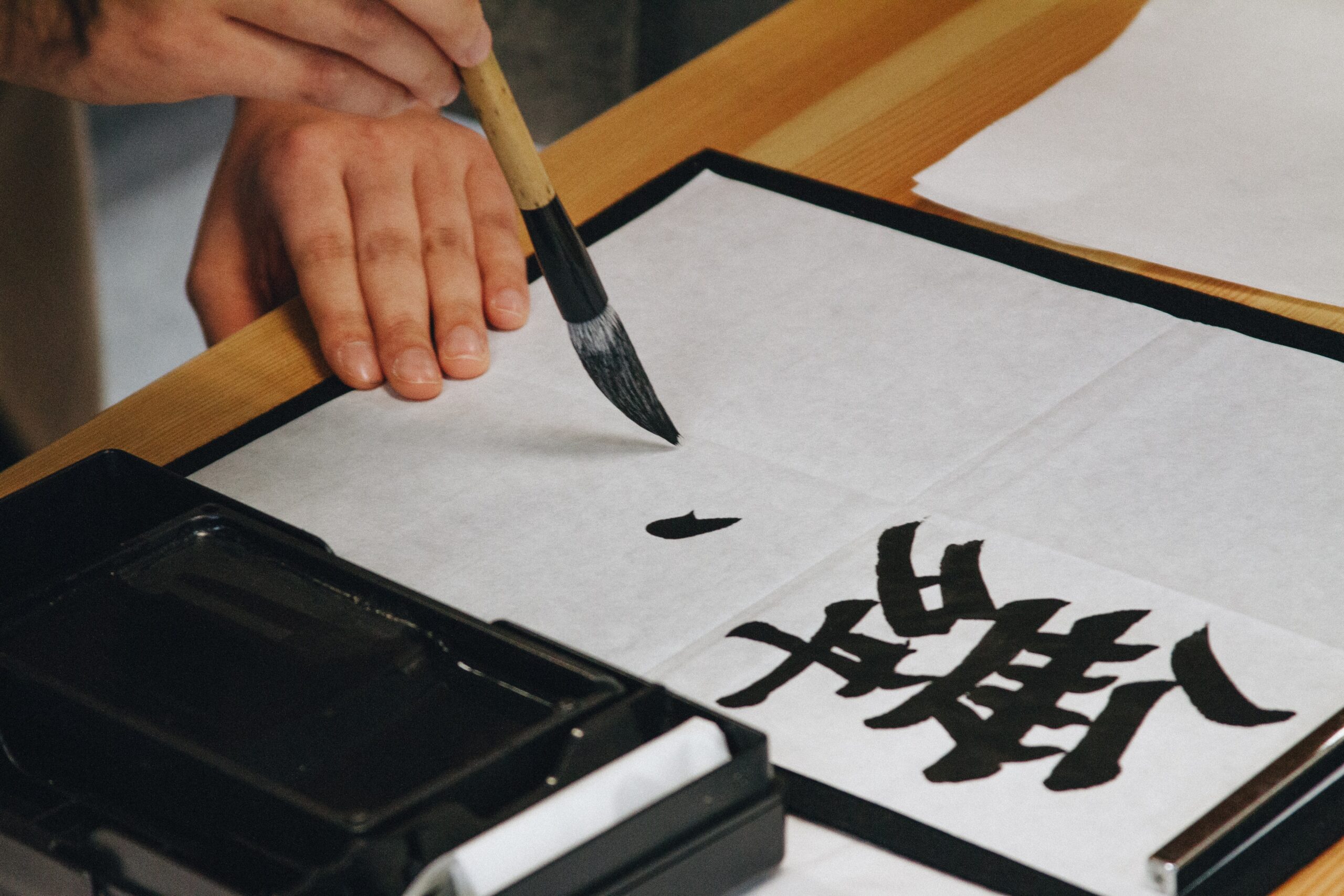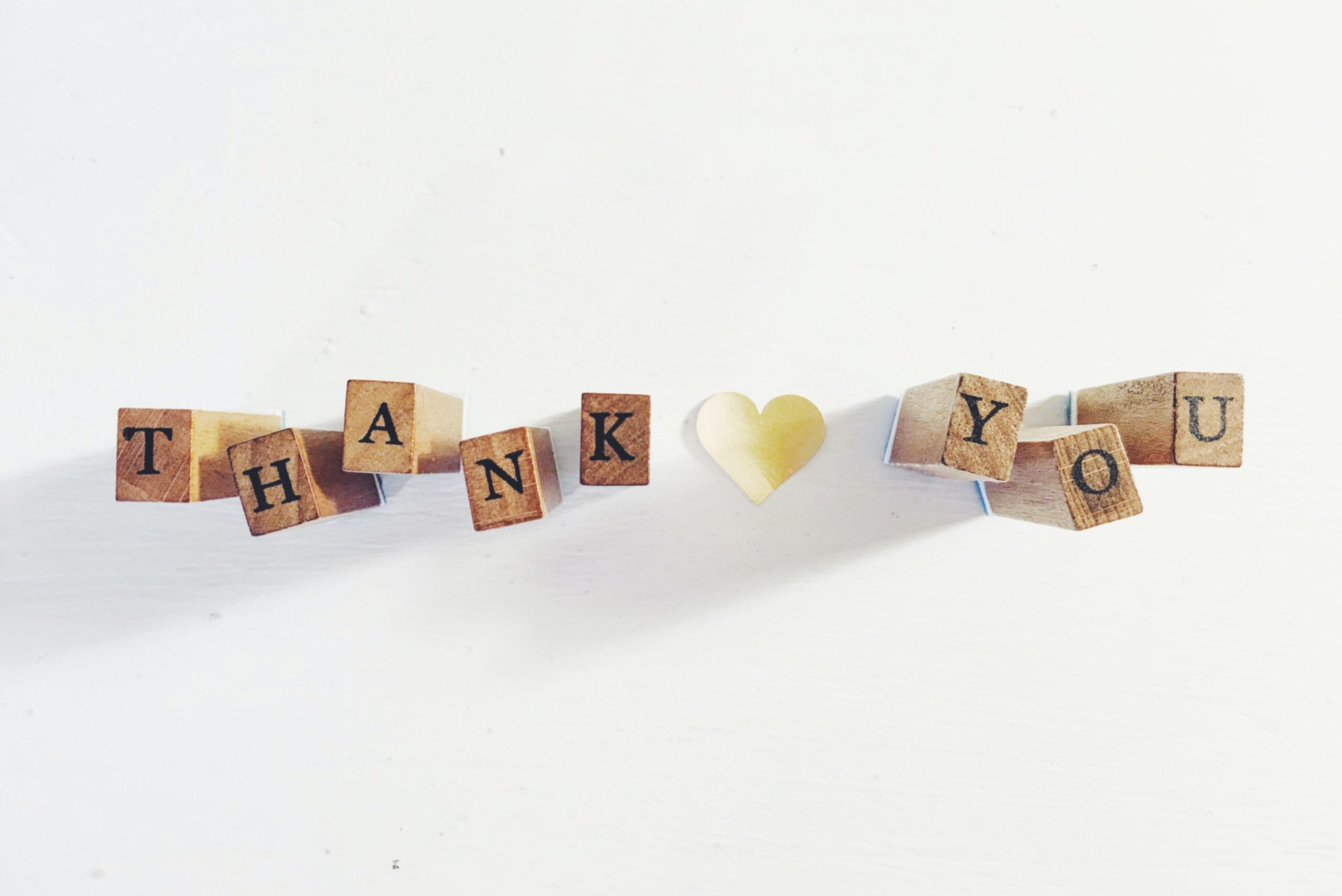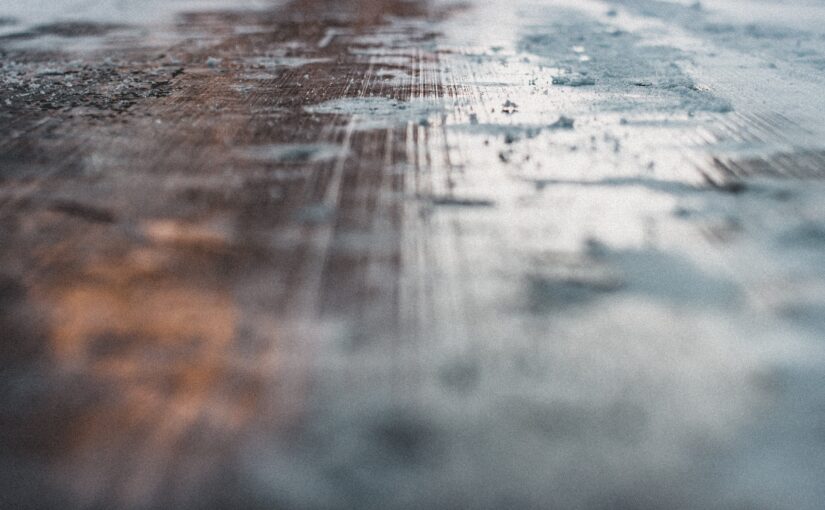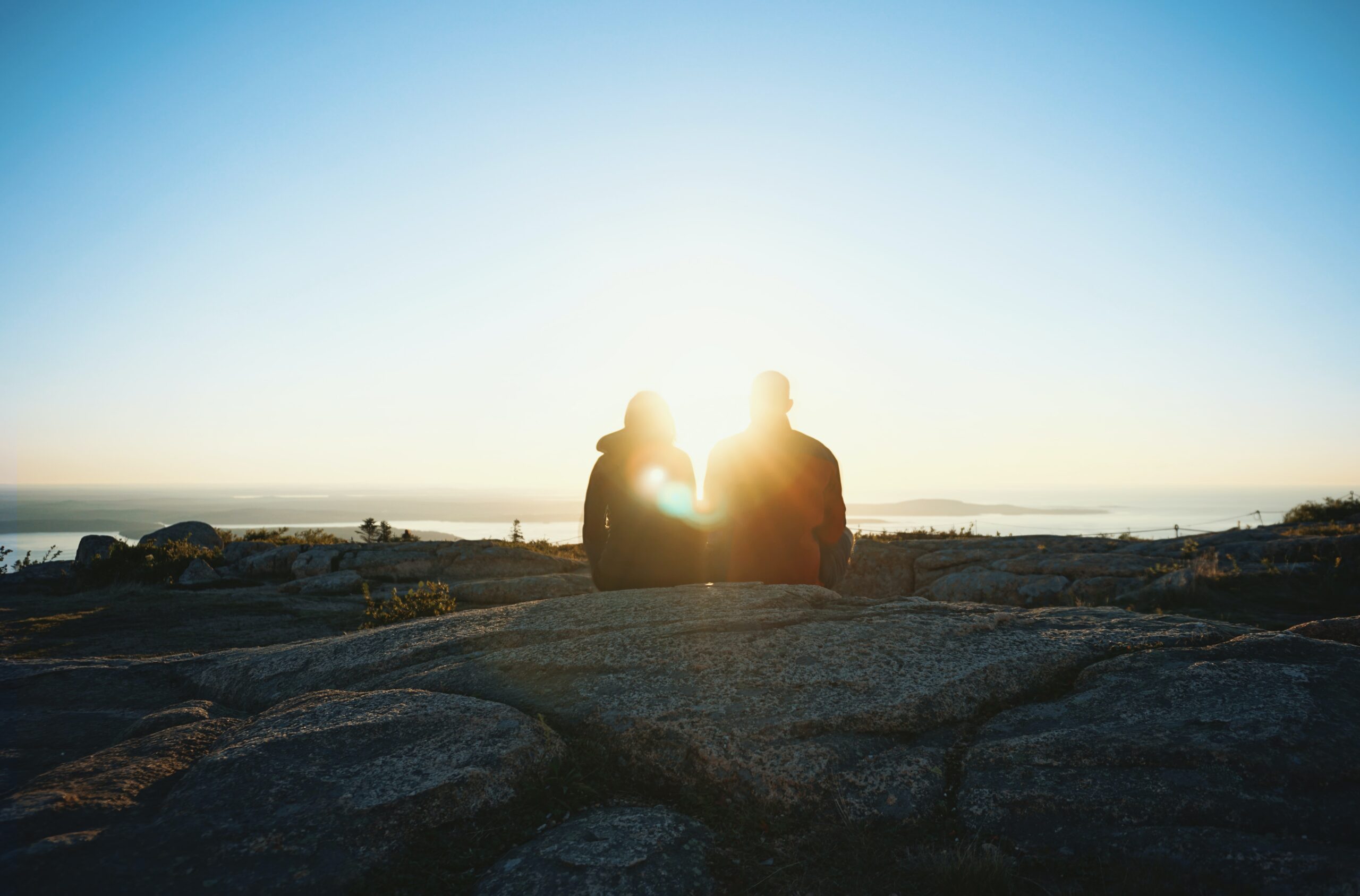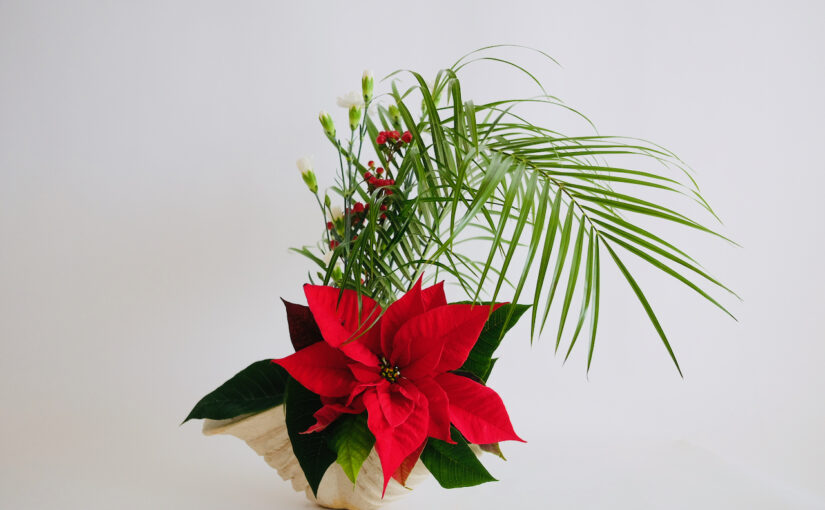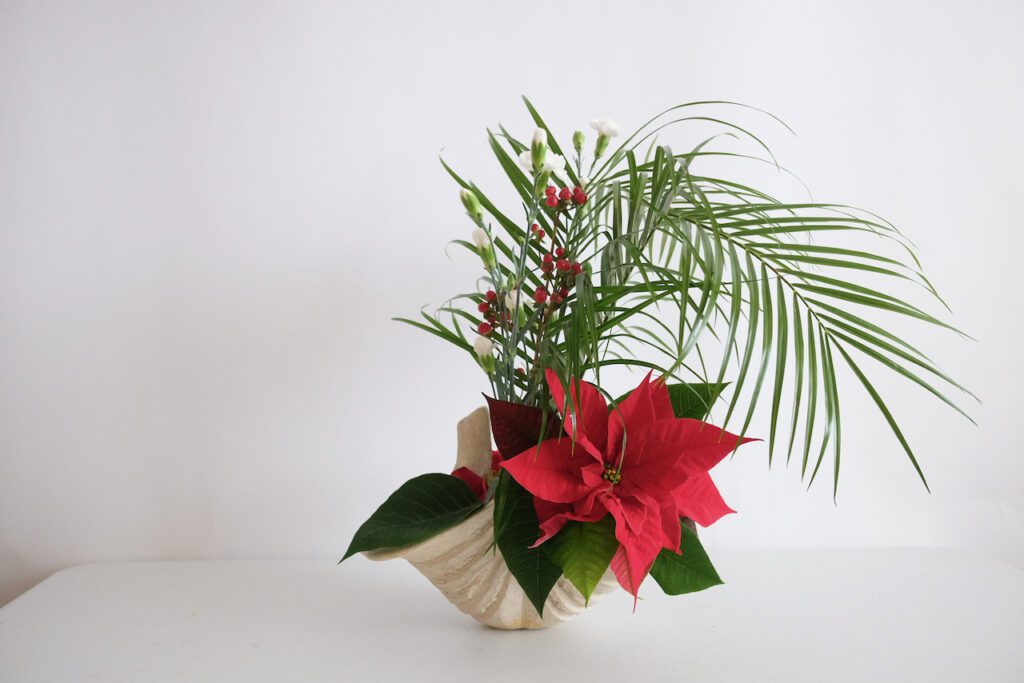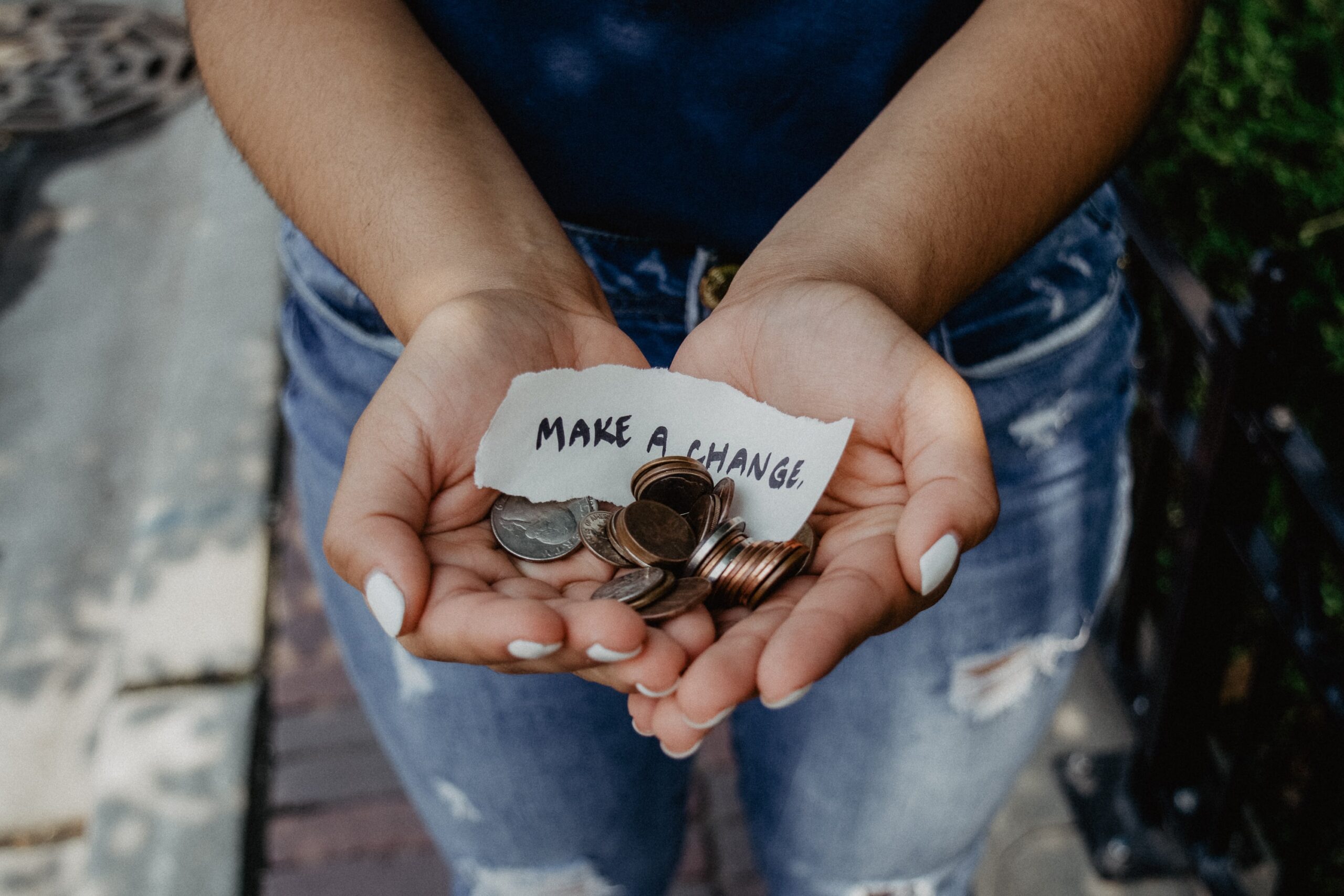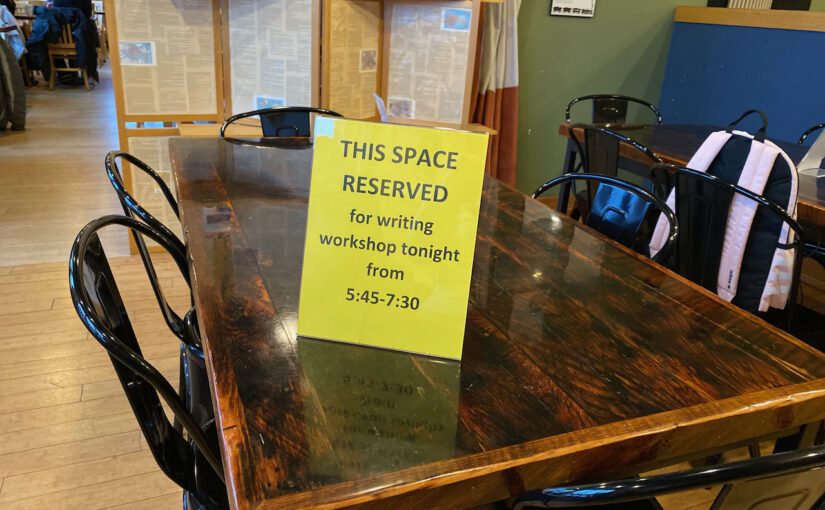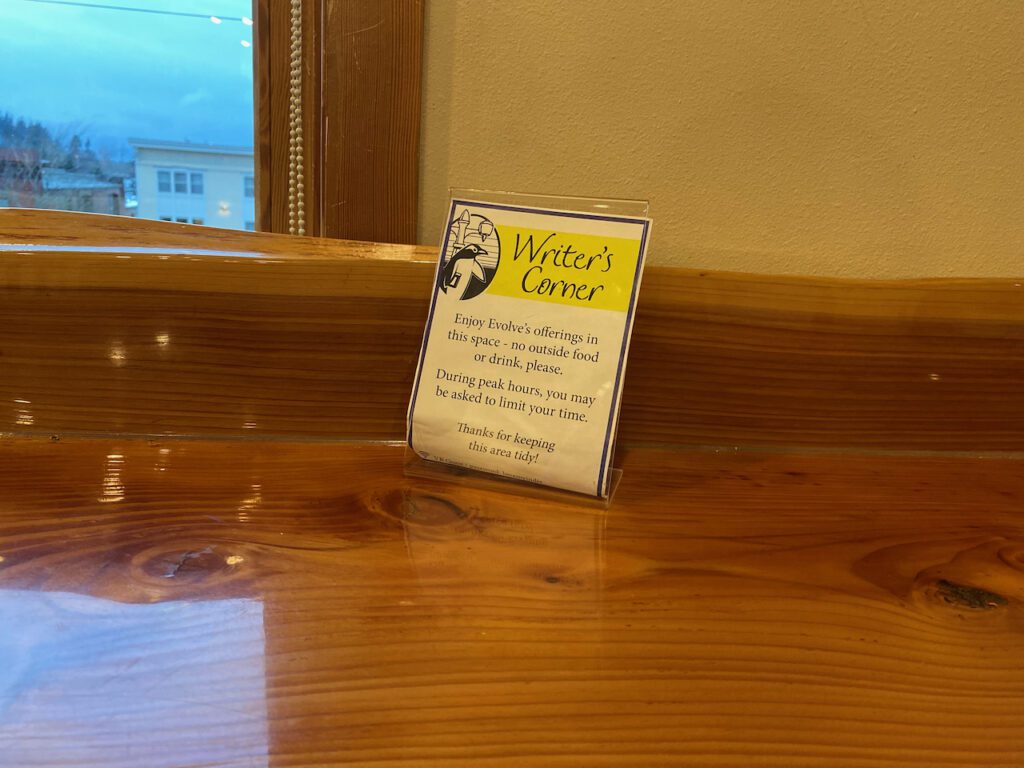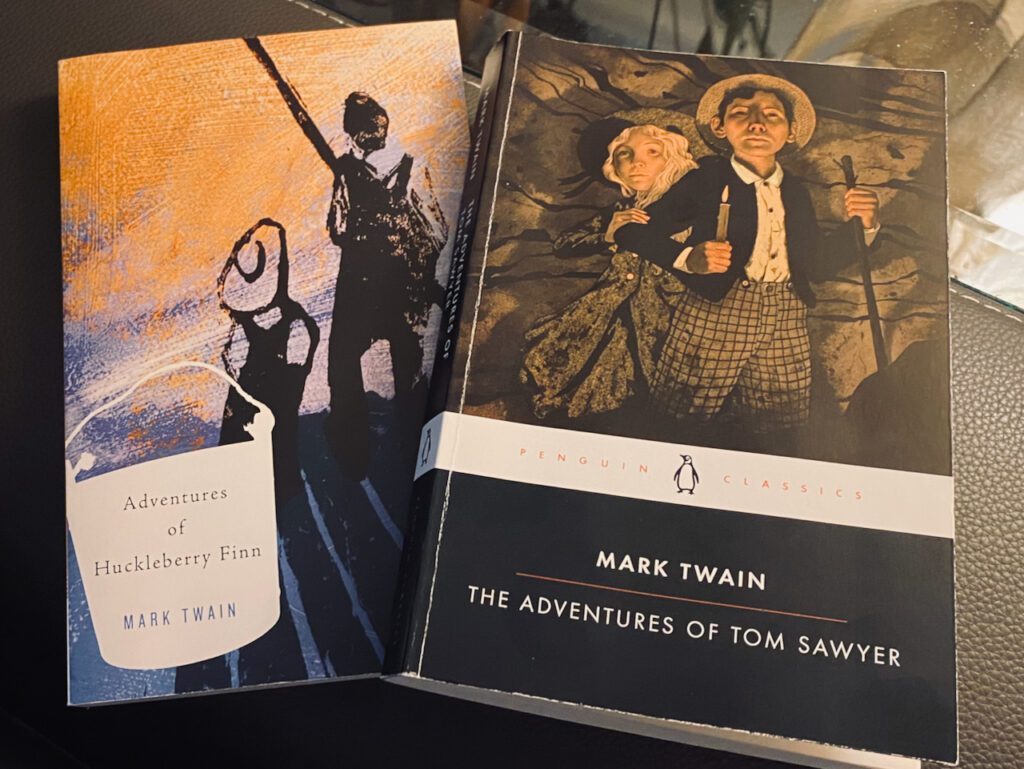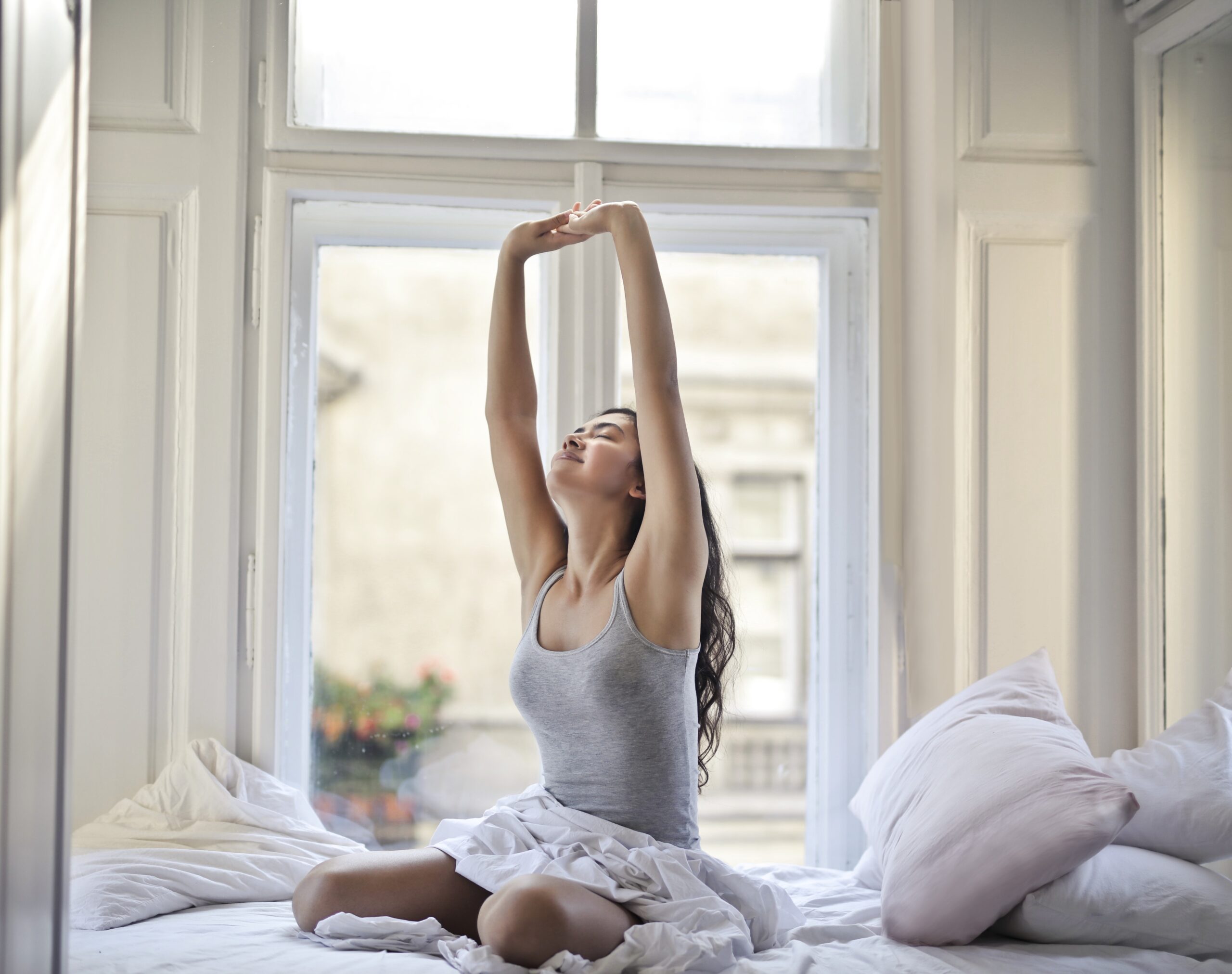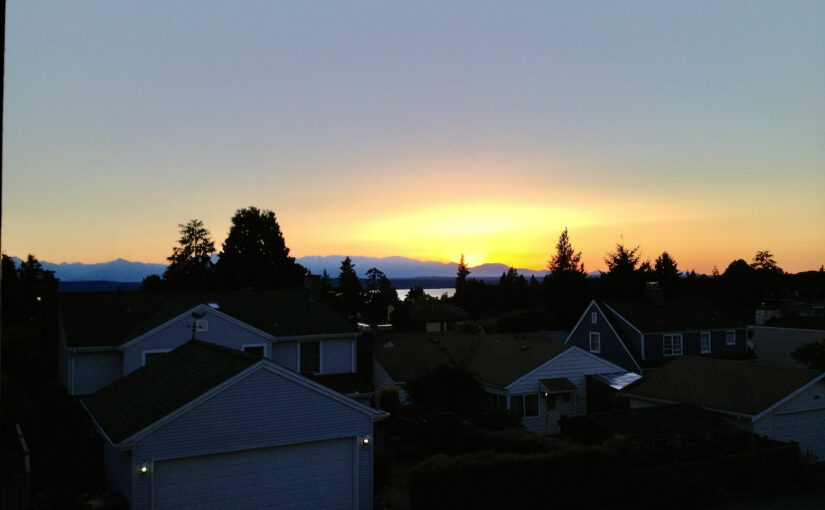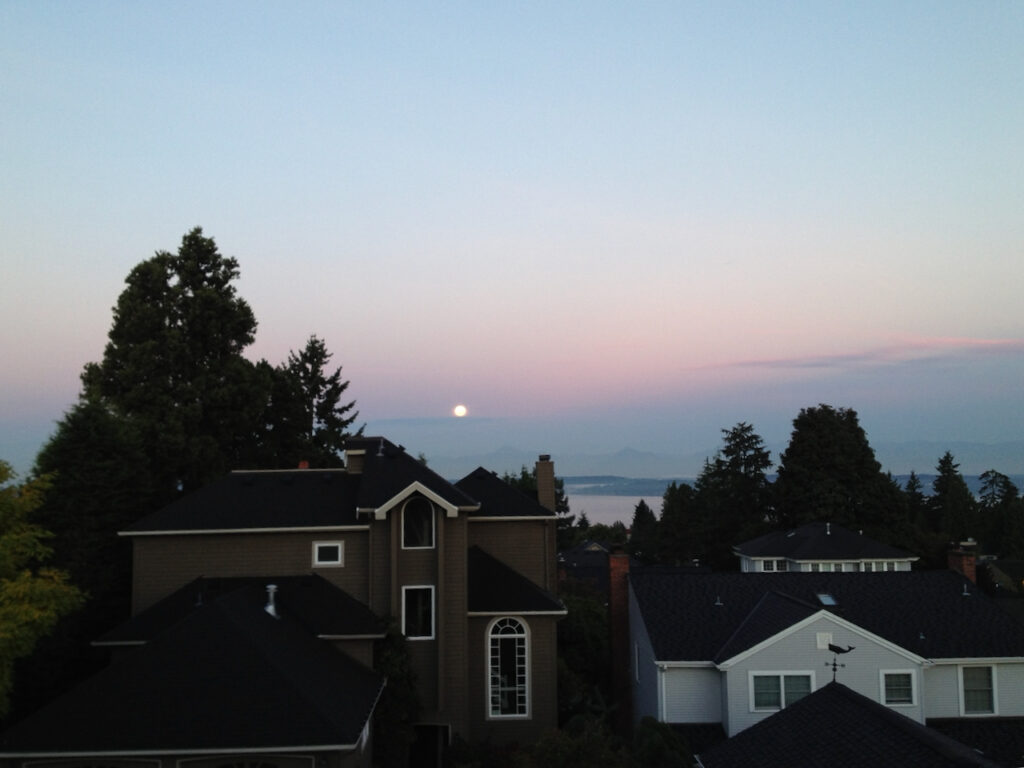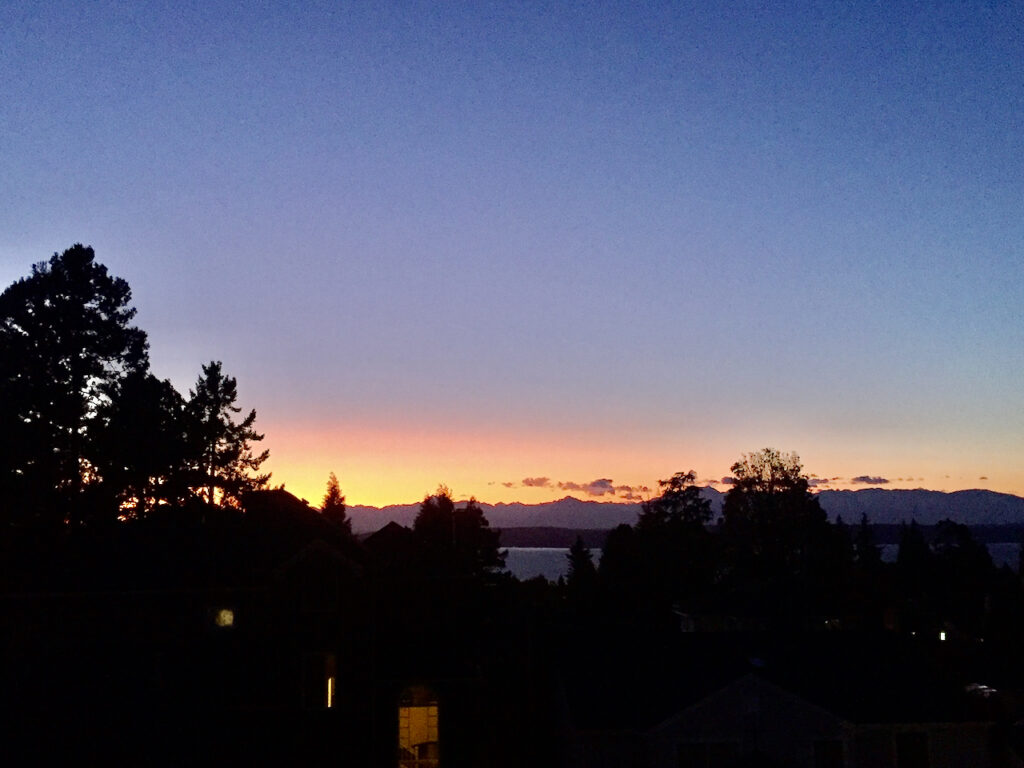The Pandemic proved humans are also vulnerable creatures
Photo by Lê Tân on Unsplash Photo by Lê Tân on Unsplash
There are two schools of thought about the human being and the worldview.
One is to place the human being apart from and above nature and to regard everything else on the earth as resources to be exploited by the human being.
The other is to place the human being equal to any other life form as part of nature and to seek harmonious existence with everything else on the earth.
…
In the last couple of centuries, mainly led by the Western societies, the first school of thought has been the dominant driving force in the world. With the Industrial Revolution and the technological advancements that followed, humans have achieved an unprecedented rise in population as well as improved the comfort and convenience of their lifestyle.
The world population has increased 7-fold over the course of the last two centuries. The UN projected that we hit the mark of 8 billion in November this year. In the name of economic growth, humans have been exploiting nature by extracting substances from it as resources, turning it into products to be consumed and wastes to be abandoned.
While humans have thrived in the world, we have paid little attention to the outcome of our exploitation, destroying the living environment of all the other life forms.
Between 1970 and 2016 showed an average of 68% decrease in population sizes of mammals, birds, amphibians, reptiles, and fish(WWF). The average abundance of native species in most major land-based habitats has fallen by at least 20%, mostly since 1900. More than 40% of amphibian species, almost 33% of reef-forming corals, and more than a third of all marine mammals are threatened (IPBES).
The COVID-19 pandemic has revealed that human being, however powerful we might appear, is actually vulnerable species that can be killed amass by the virus, such tiny existence that cannot even be seen with the naked eye.
Without oxygen that trees and plants exhale, without food and water that the earth produces, humans cannot survive. Once dead, our bodies go back to the soil, no different than any other form of life.
Only faced with this harsh experience do we realize that the first school of thought is not even viable but only an illusion. We human beings are, not separate from, but only part of nature.
In order for human beings to thrive for generations to come, we must make a fundamental shift in our lives to seek harmonious existence with everything else on the earth.
